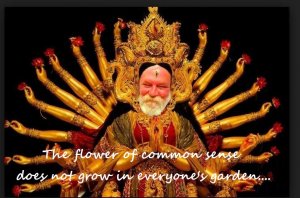Ronni
Well-known Member
- Location
- Nashville TN
Today's annoyance brought to you by the Grammar Nazi. 
It's the misuse of the word "whenever"
If a date is unique, or the date or time is known, use "when." e.g. When I go on vacation, I want to rent a cabana.
For repeated events, or events where the date or time is uncertain, use "whenever." HINT: If you can substitute "every time that..." or "whatever time that..." in your sentence, then the use of "whenever" is correct. e.g. Whenever I get in the shower, the phone rings.
You're welcome.
It's the misuse of the word "whenever"
If a date is unique, or the date or time is known, use "when." e.g. When I go on vacation, I want to rent a cabana.
For repeated events, or events where the date or time is uncertain, use "whenever." HINT: If you can substitute "every time that..." or "whatever time that..." in your sentence, then the use of "whenever" is correct. e.g. Whenever I get in the shower, the phone rings.
You're welcome.



